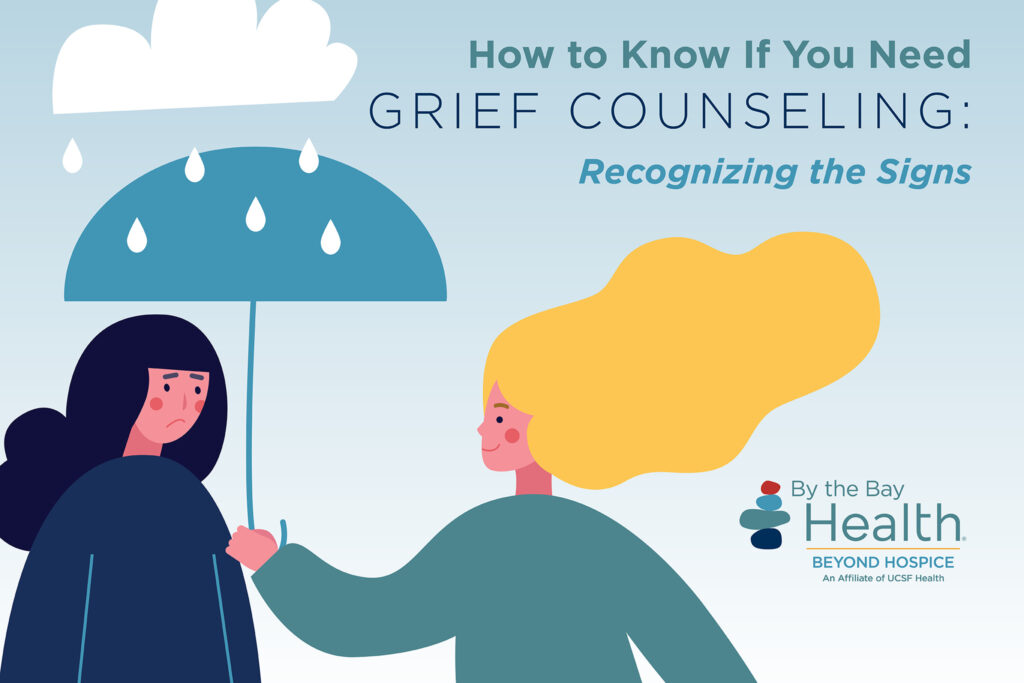
Dealing with grief is a deeply personal and challenging experience. Whether you’ve lost a loved one, experienced a significant life change, or gone through a traumatic event, the grieving process can be overwhelming. While grief is a natural response to loss, sometimes it becomes necessary to seek professional help to navigate through the healing journey. In this blog, we will discuss the signs that indicate you may benefit from grief counseling and how it can support you during this difficult time.
Intense or Prolonged Sadness:
One of the most common signs that you may need grief counseling is experiencing intense or prolonged sadness. If you find yourself constantly feeling overwhelmed, hopeless, or empty, and these feelings persist for an extended period, it might be time to seek professional support. Grief counseling can help you process these emotions and find healthier coping mechanisms.
Disrupted Daily Functioning:
Grief can significantly impact your daily life and routines. If you notice a significant disruption in your ability to perform everyday tasks, such as eating, sleeping, or concentrating, it may indicate a need for professional assistance. Grief counseling can provide you with tools to manage these disruptions and regain control over your life.
Isolation and Withdrawal:
Feeling isolated or withdrawing from social interactions is a common response to grief. However, if you find yourself consistently avoiding social activities, neglecting personal relationships, or experiencing a loss of interest in things you once enjoyed, it might be an indication that you could benefit from grief counseling. A counselor can provide a safe space for you to explore your feelings and help you reconnect with others.
Persistent Physical Symptoms:
Grief can manifest in various physical symptoms, including fatigue, changes in appetite, headaches, and body aches. While these symptoms can be part of the grieving process, if they persist or worsen over time, it’s essential to seek professional help. A grief counselor can assist you in understanding the mind-body connection and develop strategies to alleviate physical distress.
Unresolved Guilt or Anger:
Guilt and anger are common emotions experienced during grief. However, if you find yourself consumed by overwhelming guilt or anger that doesn’t diminish over time, it may be beneficial to seek professional guidance. Grief counseling can provide you with a non-judgmental environment to explore these complex emotions and work towards forgiveness and acceptance.
Difficulty Moving Forward:
Grief can make it challenging to imagine a future without the person or situation you have lost. If you find yourself struggling to envision a life beyond your grief or are unable to move forward after an extended period, counseling can offer valuable support. A grief counselor can help you navigate through the stages of grief and develop strategies to find meaning and purpose in your life again.
Grief is a natural and individual process, and there is no right or wrong way to grieve. However, if you recognize any of the signs mentioned above and feel overwhelmed by your grief, seeking the assistance of a grief counselor can provide you with the support and guidance you need. Remember that reaching out for help is a sign of strength, and by doing so, you are taking an important step towards healing and finding hope in the midst of loss. By the Bay Health and its team of dedicated professionals are here to help you through your grief journey and provide the care you deserve.

